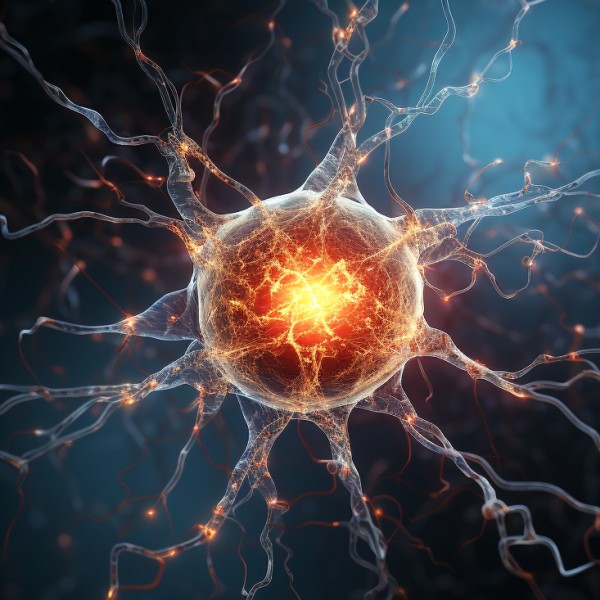The proposals for legalized marijuana use in the 2016 elections garnered wide support according to CULTURE magazine.
“Another election has come and gone, and no matter which way you voted, it is clear that cannabis came out on top, winning seven of the nine initiatives on the ballot, with another one too close to call, but on the precipice of passing.”
The winners joined several other states that allow legal possession of marijuana, also known as cannabis. 29 states and Washington, D.C. now allow its use for medical purposes.
- Alaska
- Arizona
- Arkansas
- California
- Colorado
- Connecticut
- Delaware
- Florida
- Hawaii
- Illinois
- Louisiana
- Maine
- Maryland
- Massachusetts
- Michigan
- Minnesota
- Montana
- Nevada
- New Hampshire
- New Jersey
- New Mexico
- New York
- North Dakota
- Ohio
- Oregon
- Pennsylvania
- Rhode Island
- Vermont
- Washington
- Washington, DC
North of the border, “The courts in Canada have ruled that the federal government must provide reasonable access to a legal source of marijuana for medical purposes.”
“Your [Canadian]health care practitioner may have authorized the use of cannabis (marihuana, marijuana) for the relief of one or more of the following symptoms associated with a variety of disorders which have not responded to conventional medical treatments. These symptoms (or conditions) may include: severe refractory nausea and vomiting associated with cancer chemotherapy; loss of appetite and body weight in cancer patients and patients with HIV/AIDS; pain and muscle spasms associated with multiple sclerosis; chronic non-cancer pain (mainly neuropathic); severe refractory cancer-associated pain; insomnia and depressed mood associated with chronic diseases (HIV/AIDS, chronic non-cancer pain); and symptoms encountered in the palliative/end-of-life care setting.”
Scientific studies in the United States and worldwide have yet to conclusively prove cannabis relieves neuropathic pain, despite its common use by scores of people.
A Canadian Agency for Drugs and Technologies in Health study writes the cannabis-based buccal spray, Sativex®, “is approved for use in Canada as an add-on therapy for adult patients experiencing muscle spasticity caused by multiple sclerosis (MS), and it has received a Notice of Compliance with conditions for MS-related central neuropathic pain and the treatment of cancer pain unresponsive to opioids.”
An Indiana University researcher, Andrea Hohmann, highlighted the promise of medical cannabis when she said, “The most exciting aspect of this research is the potential to produce the same therapeutic benefits as opioid-based pain relievers without side effects like addiction risk or increased tolerance over time.”
A member of her team pointed out an overlooked aspect of other potent painkillers, “The fact that deaths associated with prescription opioid abuse have surpassed cocaine and heroin overdose deaths combined is a significant factor in exploring cannabinoids as an alternative treatment for pain.”
A 2013 study found low-dose vaporized cannabis significantly improves neuropathic pain, “The analgesia obtained from a low dose of delta-9-tetrahydrocannabinol (1.29%) in patients, most of whom were experiencing neuropathic pain despite conventional treatments, is a clinically significant outcome.”
A more recent trial performed in Germany concluded, “Cannabinoids were marginally superior to placebo in terms of efficacy and inferior in terms of tolerability.”
In sum, medical marijuana may receive a lot of publicity for relieving pain from neuropathy, but funds for major clinical trials are lacking to provide definitive proof of its effectiveness.
Since most production is done by small-scale operators with limited budgets, the true picture of cannabis’ medical use will remain in question until enough data is collected for a clearer picture.


Leave a Reply
You must be logged in to post a comment.